UNISA College of Science, Engineering & Technology CSET;- in This Post You Will Find Contacts & QUalifications to Join.
College of Science, Engineering, and Technology (CSET) is to “develop world class, futuristic, African science, engineering and technology leaders, who aspire to extend the frontiers of innovation”.
CSET provides graduates with an enabling environment for advancing science, engineering and technology knowledge that is nationally responsive and globally relevant.
College of Science, Engineering, and Technology (CSET) values
- Academic Excellence
- Quality Service
- Responsibility and Accountability
- Adaptability
- Equity and Respect
- Integrity
The College of Science Engineering and Technology believes in providing affordable, accessible, high quality, relevant Science Engineering and Technology programmes. Therefore, we offer innovative delivery approaches and mechanisms that support our extensive student base through excellent research, community engagement projects, academic and administrative staff and systems.
Qualifications
Formal qualifications
Formal qualifications refer to those qualifications that are subsidised by the Department of Higher Education and Training, and therefore offered under the DHET policies and legislation. The following formal qualifications are offered by the college:
Qualification information for everyone planning to start a new qualification:
- Undergraduate degrees, higher certificates and higher diplomas, and postgraduate certificates
- Honours degrees and postgraduate diplomas
- Master’s & doctoral degrees
- Degrees and Diplomas structure in the School of Computing
- New Qualifications for the school of Computing
Qualification information for successful applicants and re-registering students:
The qualification information for registration is not yet available.
Short Learning Programmes (non-formal qualifications)
Short Learning Programmes offered by Unisa focus on “just in time” and “just enough” learning to meet a specific learning need identified by society. This need can focus on enabling access to other Short Learning Programmes or to improve access to the study of formal qualifications at Unisa, or it can address a specific need in the workplace.
Short Learning Programmes can update or broaden skills and knowledge in a specific area to enable life-long learning. In this manner, Short Learning Programmes assist students with their continuing professional development by upgrading their skills and knowledge in newly developed areas or by sharing the results of research.
Recognition of Prior Learning (RPL)
During your lifetime, you will have acquired various skills, competencies and experiences. This learning – which may have taken place outside of formal education and training – is valuable regardless of where or when it was obtained. You may have acquired skills or knowledge from a combination of training conducted while at work, experience you gained in the workplace, short courses or from community work in a relevant field.
RPL permits you to gain credits within formal certificate, diploma and degree qualifications offered by Unisa based on the level and extent of your knowledge. Your prior learning will be measured against specified prescribed learning outcomes.
Visit www.unisa.ac.za/rpl for more information.
Contact the college
General Enquiries |
|
| NB Pityana Building Office: A1-32 Unisa Science Campus Tel: 011 670 9063 E-mail: cset@unisa.ac.za E-mail: Molepmm@unisa.ac.za |
M Komane Administrative officer (student enquiries) Tel: 011 670 9228 E-mail: komanmm2@unisa.ac.za
|
Science Foundation |
|
| M Myaka Administrative Officer Tel: 011 670 9088 E-mail: myakamp@unisa.ac.za
|
|
Recognition of Prior Learning |
|
| Mr G Leuta RPL Coordinator Tel: 011 670 9119 E-mail: leutagn@unisa.ac.za Courier address: |
|
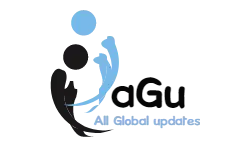
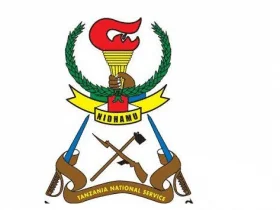
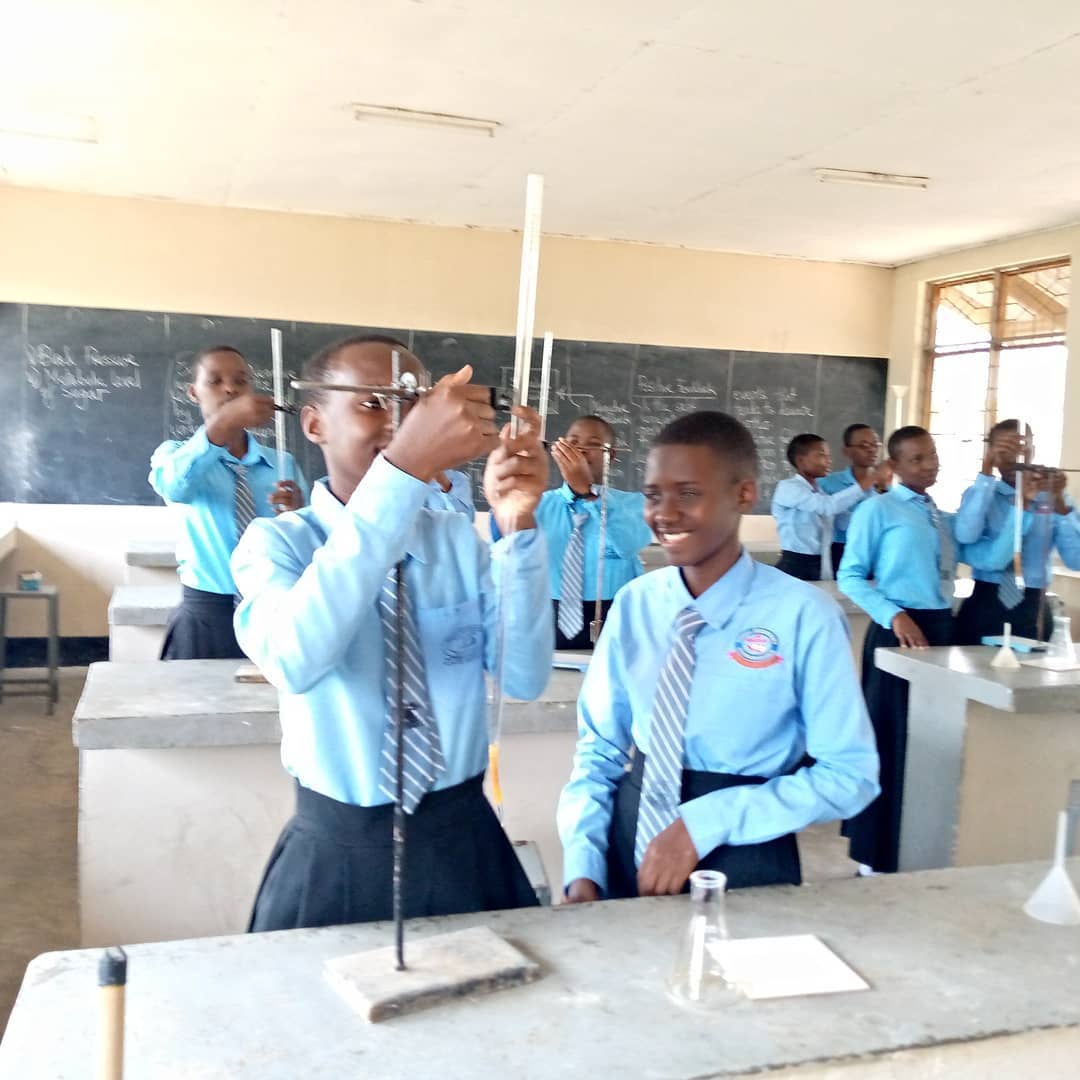
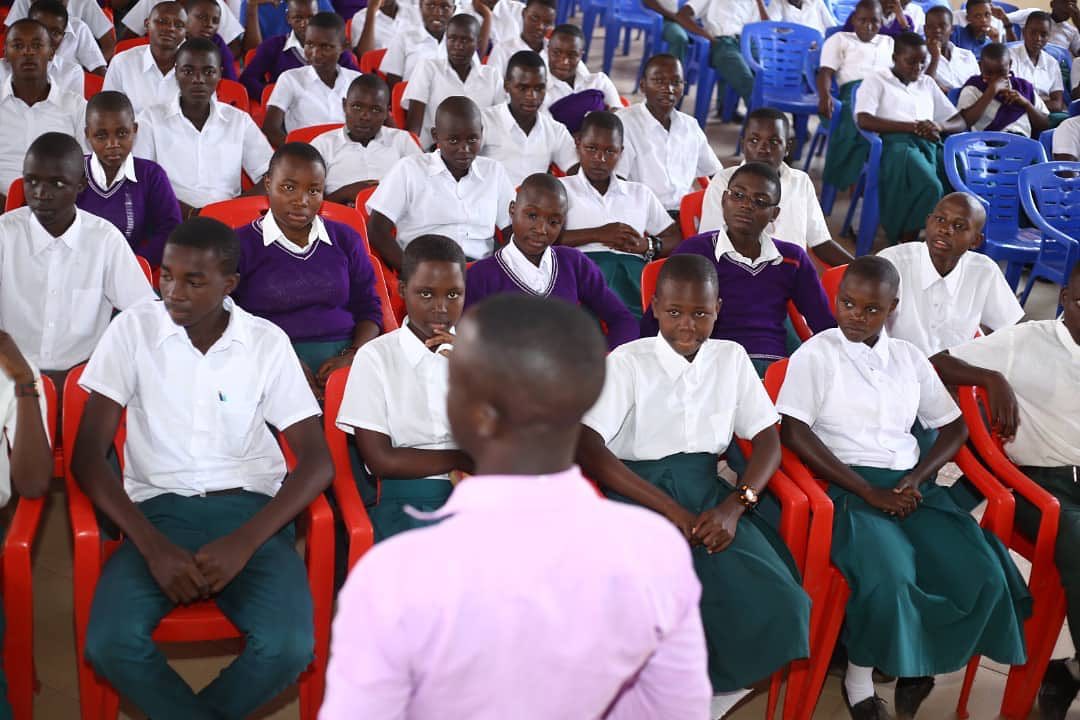
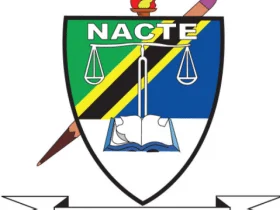
Leave a Reply